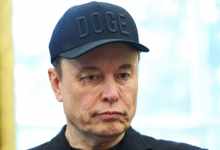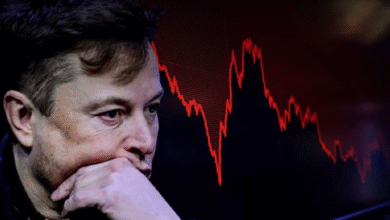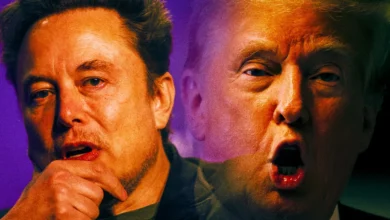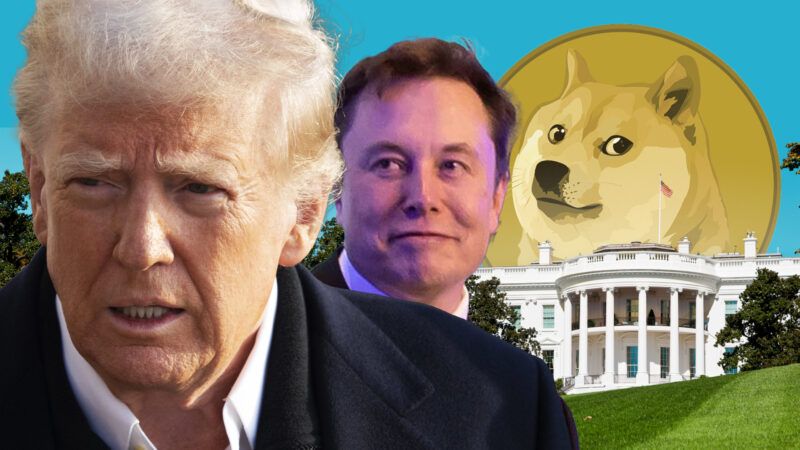
Elon Musk’s empire is experiencing a steep decline in reputation. According to an Axios/Harris 100 survey, Tesla and SpaceX have seen their public perceptions plummet from peaks to near-bottoms in just a few years. Tesla ranked eighth in 2021 but fell to 95th in 2025, while SpaceX fell from fifth to the lowest. Twitter—now known as X—hasn’t had much of a chance to grow. It started near its lowest point and stayed there.
What’s behind this collapse? In short: politics, polarization, and Musk himself. Once seen as a brilliant and eccentric visionary, Musk has become a polarizing figure at the heart of America’s culture wars. His close affinity with Trump and conservative causes has fragmented his consumer base, with Democrats in particular turning violently against him. According to Reuters, 58% of Americans now have a negative opinion of Elon Musk, a shift largely driven by a wave of discontent among Democrats.
This isn’t just a public relations headache; it also affects your bottom line. Tesla deliveries in the first quarter of 2025 fell 13% year-on-year, marking the largest drop in nearly three years. Protests in major cities like London and Boston, with slogans like “Sell Tesla, dump your shares,” did little to help this decline. Analysts now expect another year of decline for Tesla, despite price cuts and a revamped product lineup. Since its peak in late 2024, Tesla’s stock has fallen nearly 45%.
Tesla’s brand image has also been negatively impacted in the area of ethics. He ranked last on character in the Harris Poll and also performed poorly on morality and citizenship. A slew of controversies—from Musk’s reckless Nazi jokes to corporate culture issues and Autopilot incidents—have fueled the perception that Tesla is not just a struggling company, but one fundamentally out of touch with consumer values. The company is making sweeping changes with incentives and the promise of a $25,000 electric car, but regaining trust may require more than just a new model.
In contrast, SpaceX is faring better. Although its reputation has declined, it is financially strong thanks to major government contracts. With more than $13 billion in NASA contracts and a leading position in the launch market, SpaceX is enjoying strong momentum. Starlink alone is expected to generate $24 billion in revenue by 2030. But politics could play a role: if the Democrats return to power, Musk’s growing involvement in politics could put future contracts under scrutiny.
Despite the hype, SpaceX’s fundamentals are solid. It benefits from deep leadership in launch technology, a vertically integrated model, and international demand. Analysts even suggest that in the long term, it could become more valuable than Tesla. Branding is less important here: its customers are governments, not consumers.
Then there’s X. Musk’s rebranding of Twitter went from chaotic to costly. After Musk’s acquisition in 2022, advertisers quickly pulled out, fearing content moderation and Musk’s unpredictable behavior. Since then, US ad revenue has declined by more than 55% month-over-year. Although some advertisers are cautiously returning in 2025, they are far from the $4.5 billion peak reached in 2021.
Regulators are now caught in a vicious cycle. The European Union has accused X of violating digital laws and even raised the possibility of banning it altogether if oversight isn’t improved. Elon Musk’s livestreams with far-right figures and his posts promoting conspiracy theories have done little to restore trust. Now, X is officially under the control of xAI. Musk claims this move will power his chatbot Grok with X data, but critics see it as a shift toward building a data engine rather than a media platform. Without major advertisers or a solid subscriber base, X’s future appears fragile.
Taken together, Elon Musk’s three major companies face significant challenges. Tesla is losing sales and reputation, SpaceX is navigating the market but facing long-term political risks, and X is struggling to survive. The common denominator? Elon himself. His political presence may have been a trench, but today it looks more like a minefield. His ability to step back and restore trust could be the key to these companies’ recovery or collapse.







